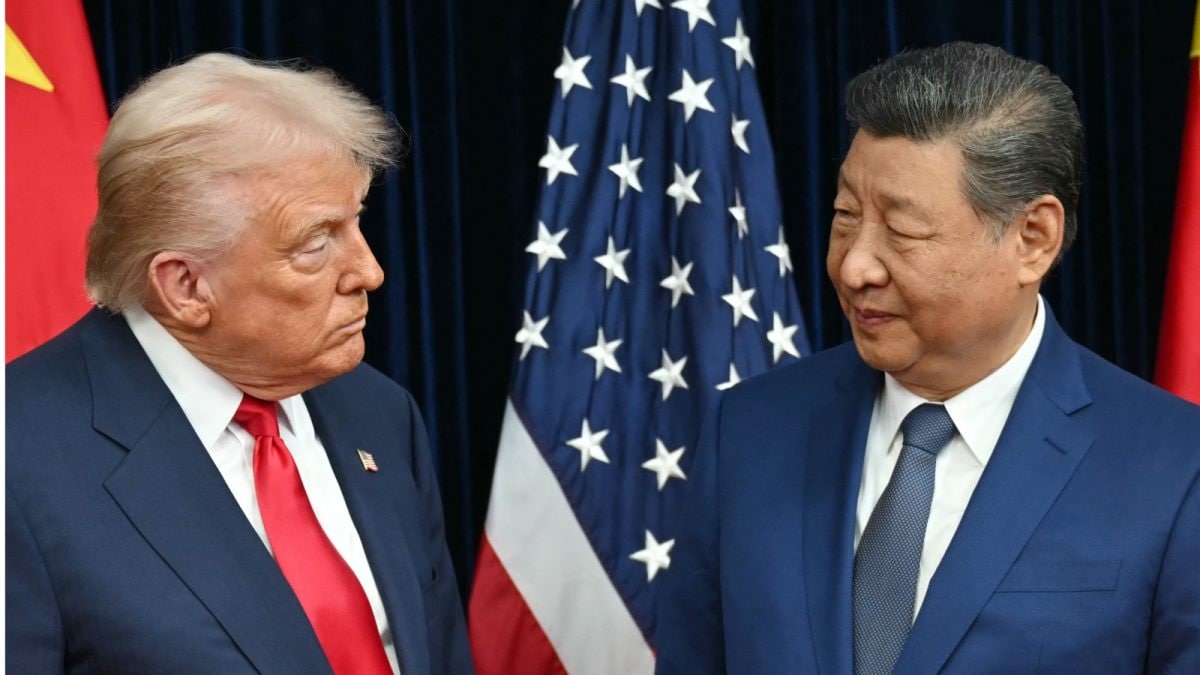The Trump Administration has ended automatic extensions of certain Employment Authorisation Documents (EADs) from October 30, affecting H-4 visa holders, F-1 students on OPT, and asylum seekers. Applicants must now undergo fresh vetting to get their work permit renewed. The overnight change disproportionately impacts Indian workers.

Around 450,000 people apply for Employment Authorisation Documents extensions in the US every year. (Image for representation/file)
The US Department of Homeland Security (DHS) has abruptly ended the automatic extension of certain Employment Authorisation Documents (EADs), effective Thursday, October 30 (US time). The overnight rule change affects H-1 visa holders' spouses, F-1 students on OPT, and asylum seekers, who may now face gaps in employment while their renewals are processed. The change is expected to significantly impact Indian workers, who make up the largest share of H-1B visa holders and international students.
Now, these foreign workers will undergo screening and vetting to have their employment authorisations renewed. DHS stated that the move aims to strengthen vetting procedures and prevent fraud.
During the Biden era, migrants in defined categories — including spouses of H-1B visa holders (H-4) and students under Optional Practical Training (OPT) — could continue working legally after their EAD expired if they had timely filed a renewal and qualified for the automatic extension.
From now on, every applicant will be required to undergo a new round of vetting and screening before their employment authorisation can be renewed.
The change, announced without prior notice or public comment, targets categories reliant on EADs for employment.
US WORK PERMIT RULE IMPACTS STUDENTS, H-1B VISA HOLDERS' SPOUSES
F-1 students participating in Optional Practical Training (OPT) — a bridge to post-graduation jobs — now risk interrupted careers if their applications lag. Indian students make up the largest cohort of international students in the US.
Indian students comprised 27% of all foreign students in the US in 2024, marking an 11.8% increase from 2023, with 422,335 actively enroled, according to a US Immigration and Customs Enforcement report.
OPT is temporary employment that is directly related to an F-1 student's major area of study. Eligible students can apply to receive up to 12 months of OPT employment authorisation before completing their academic studies (pre-completion) and/or after completing their academic studies (post-completion), according to US Citizenship and Immigration Services.
Similarly, H-4 visa holders, many of whom are spouses accompanying skilled H-1B workers, could lose their ability to contribute financially to families.
This change will impact Indians the most. According to official data, India accounted for 71% of all approved H-1B visa recipients, while China made up 11.7%. H-1B visas are typically granted for periods between three and six years.
Asylum seekers with pending claims will also be affected, though green card holders, H-1B principals, L-1 intracompany transferees, and O-1 extraordinary ability visa holders remain unaffected, as they do not require EADs.
DHS ENDS AUTOMATIC EAD EXTENSIONS TO STRENGTHEN SCREENING AND SECURITY
DHS justified the rule, saying it will ensure proper screening and vetting of migrant workers before extending their EADs.
"Aliens who file to renew their EAD on or after October 30, 2025, will no longer receive an automatic extension of their EAD... Ending automatic extensions of EADs results in more frequent vetting of aliens who apply for employment authorisation to work in the US," the DHS said in a statement.
"Reviewing an alien’s background will often enable US Citizenship and Immigration Services (USCIS) to deter fraud and detect aliens with potentially harmful intent so they can be processed for removal from the country," it added.
Officials also issued a stark reminder that "working in the US is a privilege, not a right."
USCIS recommends aliens seek timely renewal of their EAD by properly filing a renewal application up to 180 days before their EAD expires.
The longer an alien waits to file an EAD renewal application, the more likely they are to experience a temporary lapse in employment authorisation or documentation, the DHS said in the statement.
- Ends
Published By:
Gaurav Kumar
Published On:
Oct 30, 2025

 7 hours ago
7 hours ago


















